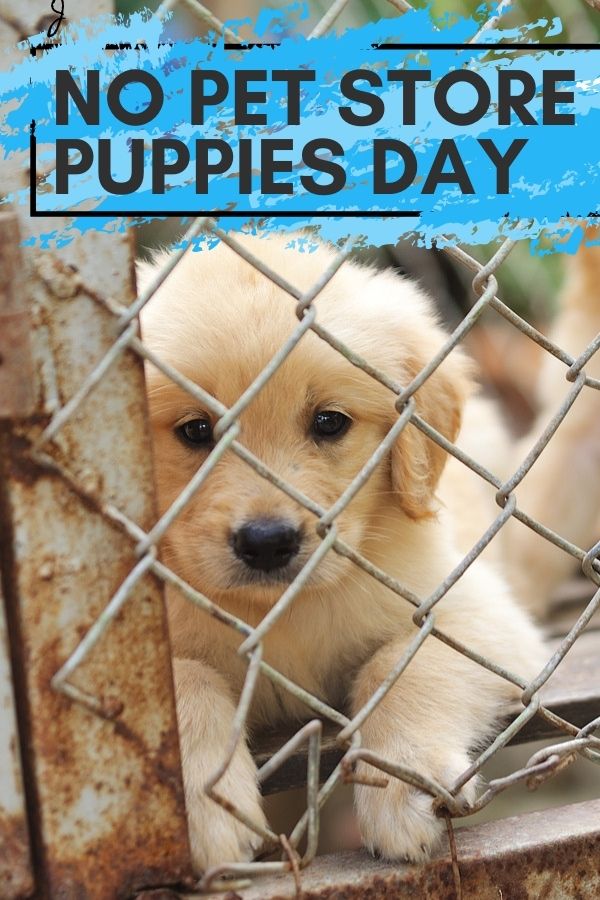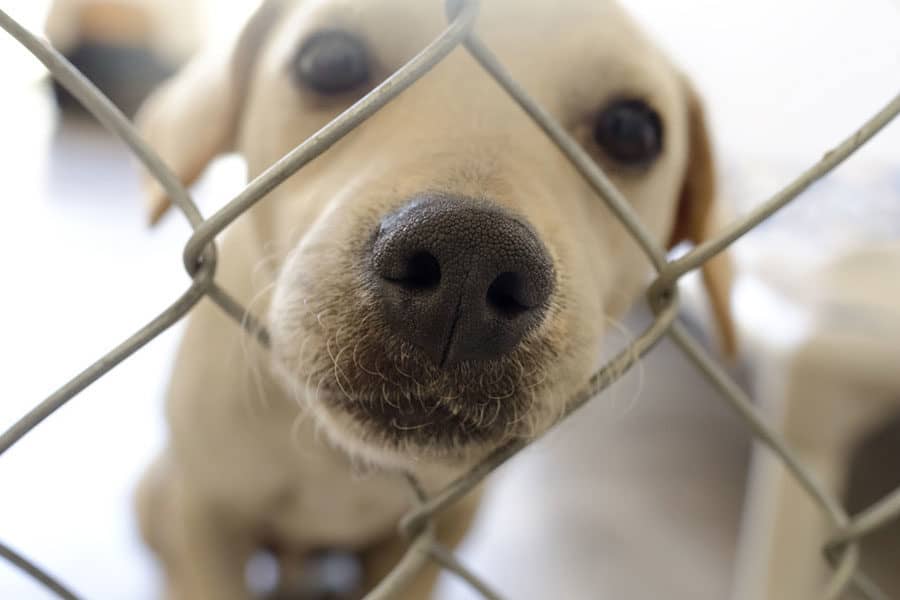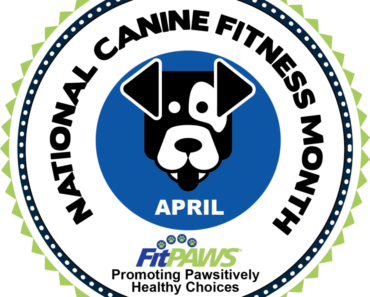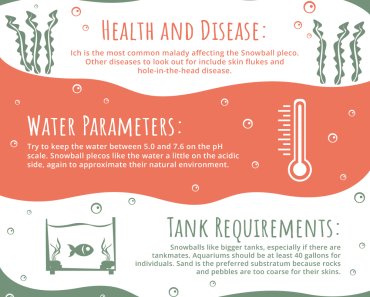“How Much is That Doggie in The Window?” When Patti Page’s hit single was released back in 1953 the lyrics simply described the way that most people met their four-legged family members…by visiting their local pet store. Times have changed, however, and today animal lovers are realizing that when a person chooses to purchase a puppy from a pet store that decision comes at a cost, and it is dogs in puppy mills who pay the price.
As part of the ongoing effort to end the suffering inflicted upon dogs through the puppy mill pipeline, the ASPCA declared July 21 No Pet Store Puppies Day.

The annual observance is a time:
- to remember all of the dogs who have had to endure the horrors of life in a puppy mill in order for irresponsible breeders to profit from the litters of pups they produce
- to rejoice for those dogs who have been rescued and for the changes that have been made so far to end the illegal breeding and sale of companion animals
- to raise awareness of this tragic situation and all that still needs to be accomplished for the day to come when the commercial puppy industry is a thing of the past
For more information: visit the ASPCA’s Barred from Love website.
Facts About Puppy Mills

There are approximately 6,000 to 10,000 puppy mills (licensed and unlicensed) in operation in the United States, each filled with canines who are confined in hidden, cramped cages, forced to reproduce time and again in unhygienic conditions.
Fewer than 3,000 of the estimated 10,000 puppy mills in the nation are regulated by the U.S. Department of Agriculture.
The number of breeding dogs trapped in wire cages throughout the country in licensed and unlicensed facilities: approximately 500,000.
The number of puppy mill puppies who are taken from their mother and sold each year: 2.6 million.
As people continue to shop for a canine companion rather than adopt a dog in need of a home, approximately 1.5 million companion animals lose their lives each year in shelters from coast to coast.
Puppies born at a puppy mill often suffer from illnesses as well as behavior issues due to the unsanitary surroundings of their birthplace and the stress and unhygienic conditions of the cages they are put in during transport to a pet store.
Potential pet parents who have their heart set on a purebred dog can find their new four-legged family member at a shelter, as statistics state that 25% of dogs who find themselves in the shelter system are purebred. Rescue organizations are also an excellent option. Along with rescues that offer a new lease on life to a variety of dogs and cats, there are also organizations which specialize in saving and rehoming specific breeds.
On January 1, 2018 California became the first state to ban the sale of commercially-bred companion animals in pet stores. Exactly two years later Maryland became a state with only humane pet stores, followed by Maine. In April 2021, the governor of Washington state put his signature on the Humane Pet Sales Bill.
In 2006, Albuquerque, New Mexico became the first major U.S. city to prohibit the sale of puppy mill puppies in pet stores.
Using their star wattage to shine a spotlight on a dark corner of the animal welfare world, in 2021 several celebrities (among them Ricky Gervais, Sir Patrick Stewart, Brooke Shields, Alec Baldwin, Justin Theroux, Andy Cohen, Whitney Cummings, Kristen Chenoweth and Edie Falco, who is a pet parent to a rescued puppy mill dog) showed their support for the Puppy Mill Pipeline Bill, which calls for a ban on selling puppies from breeders in New York pet stores.

























